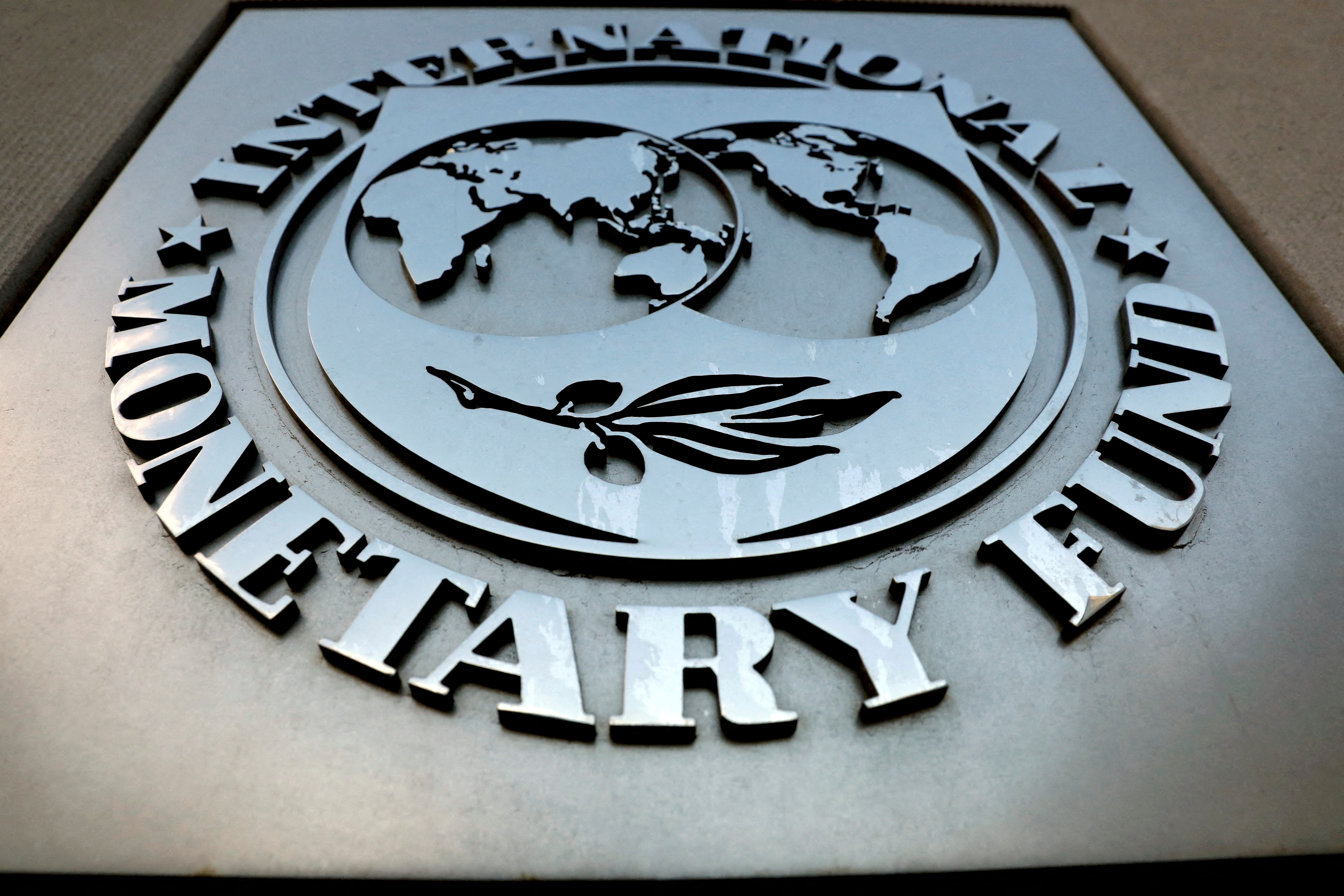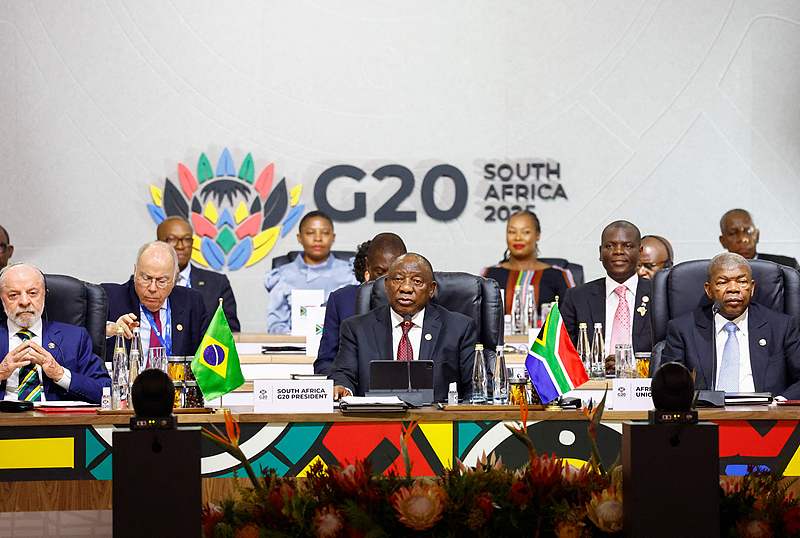
IMF downgrades global growth forecast for 2025 amid escalating trade tensions
The International Monetary Fund (IMF) has lowered its global growth forecast for 2025, citing rising trade barriers and mounting policy uncertainty as major threats to the world economy.
Speaking to the media on Tuesday, IMF Chief Economist Pierre-Olivier Gourinchas warned that the recent surge in tariffs represents a “major negative shock” to global trade. He emphasized that the “unpredictability” with which these trade measures have been introduced is further clouding the global economic outlook.
“The global economic system under which most countries have operated for the last 80 years is being reset,” Gourinchas said. “Existing rules are being challenged, while new ones have yet to emerge.”
According to the IMF’s latest World Economic Outlook (WEO), global growth is now projected to slow to 2.8 percent in 2025, down 0.5 percentage points from the January forecast. The report attributes this sharp downgrade to a wave of new tariffs introduced by the United States, followed by retaliatory measures from major trading partners.
As of April 2, nearly universal tariffs imposed by the U.S. have pushed effective tariff rates to levels not seen in a century, marking a significant shift in global trade dynamics.
The WEO projects global growth to remain subdued beyond 2025, forecasting 3.0 percent for 2026, well below the 2000–2019 historical average of 3.7 percent.
Regional Outlook:
-
United States: Growth is expected to slow to 1.8 percent in 2025, a 0.9 percentage point downgrade from the January update. The IMF attributes this to heightened policy uncertainty, trade tensions, and softer demand momentum.
-
Euro Area: Projected growth is down slightly to 0.8 percent, a 0.2 percentage point decline from previous forecasts.
-
Advanced Economies: Overall growth is expected to decline to 1.4 percent in 2025.
-
Emerging Market and Developing Economies: Growth is forecast to slow to 3.7 percent.
In light of these developments, Gourinchas noted, “The first priority should be to restore trade policy stability and forge mutually beneficial arrangements.”
“The global economy needs a clear and predictable trading system.”
(Story compiled with assistance with Xinhua News Agency)






